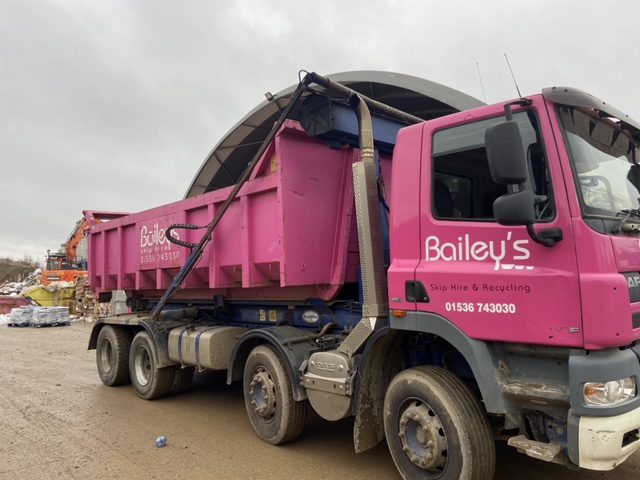It may feel daunting if you have not hired a skip before, maybe you are thinking of hiring one or are already in the process of hiring one. Navigating the do’s and don’t of skip hire seems straightforward although there are some things you should know to maximise the use of your skip hire.
Moving house or working on a shop renovation could accumulate waste, bulky items such as sofas, fridges, dusty insulation materials. Whatever the materials you need to dispose of, a place to put everything and have the recycling done for you could put your mind at ease. Also, you have more time to focus on the job at hand. There are plenty of benefits of hiring a skip which you may already be aware of.
Choose the Right Skip Size
Thinking about how much waste you will need to dispose of is essential to choosing the right size skip. However, picking the right size container may be tricky if you have not hired a skip before. Here at Bailey’s Skip Hire, we offer a range of 9 different sizes to suit the needs of the customer and roughly match the number of items that need to be thrown away (we promise it does not all get binned, we do recycle 97% of all waste placed in skips!). Read our detailed summary of skip sizes and what they could be useful for to understand what you will need so you are not overspending or running out of space.
Know What You Can and Can’t Put in Your Skip
Let’s start with what you cannot put into a skip. There are certain items that you would need to dispose of elsewhere such as via a recycling center that accepts that item due to the dangers of harmful chemicals. Hazardous waste such as fluorescent bulbs that contain mercury, batteries due to the possibility of lead inside, electrical equipment and appliances, solvents and paints unless the paint has solidified can’t be put in your skip. So you should avoid putting items or materials in that could cause harm like gas cycliners for barbeques. One less obvious example are tyres and more specifically plasterboard can release toxic gas when mixed with other waste materials.
Although there are some materials that should not be placed in a skip, there are lots of items that can! These include: domestic waste, gas cookers, rubble, construction waste, non-electrical fittings, solidified paint, metal, food and its packaging, garden waste, soil and wood.
Safely Using the Skip
Ensure that the skip is placed on a flat surface and the materials are distributed as even as possible to avoid accidents when full. Place flat items down first and break up larger items into small pieces. If you and someone else is able to lift the larger items, load that in first then lighter items last. One final tip is to not overfill the skip!
How Bailey’s Skip Hire and Recycling Can Help
If you are unsure about anything or have any questions please drop us an email:skiphire.bailey@btconnect.com or call us at 01536743030. We can advise you on exactly what skip size you require and how to maximise the use of your skip. Not only do we have a large range of skips you can hire but we also do site clearances, fly tipping removal and asbestos and hazardous waste disposal. Contact us via the details above for a quote or give us a message.




